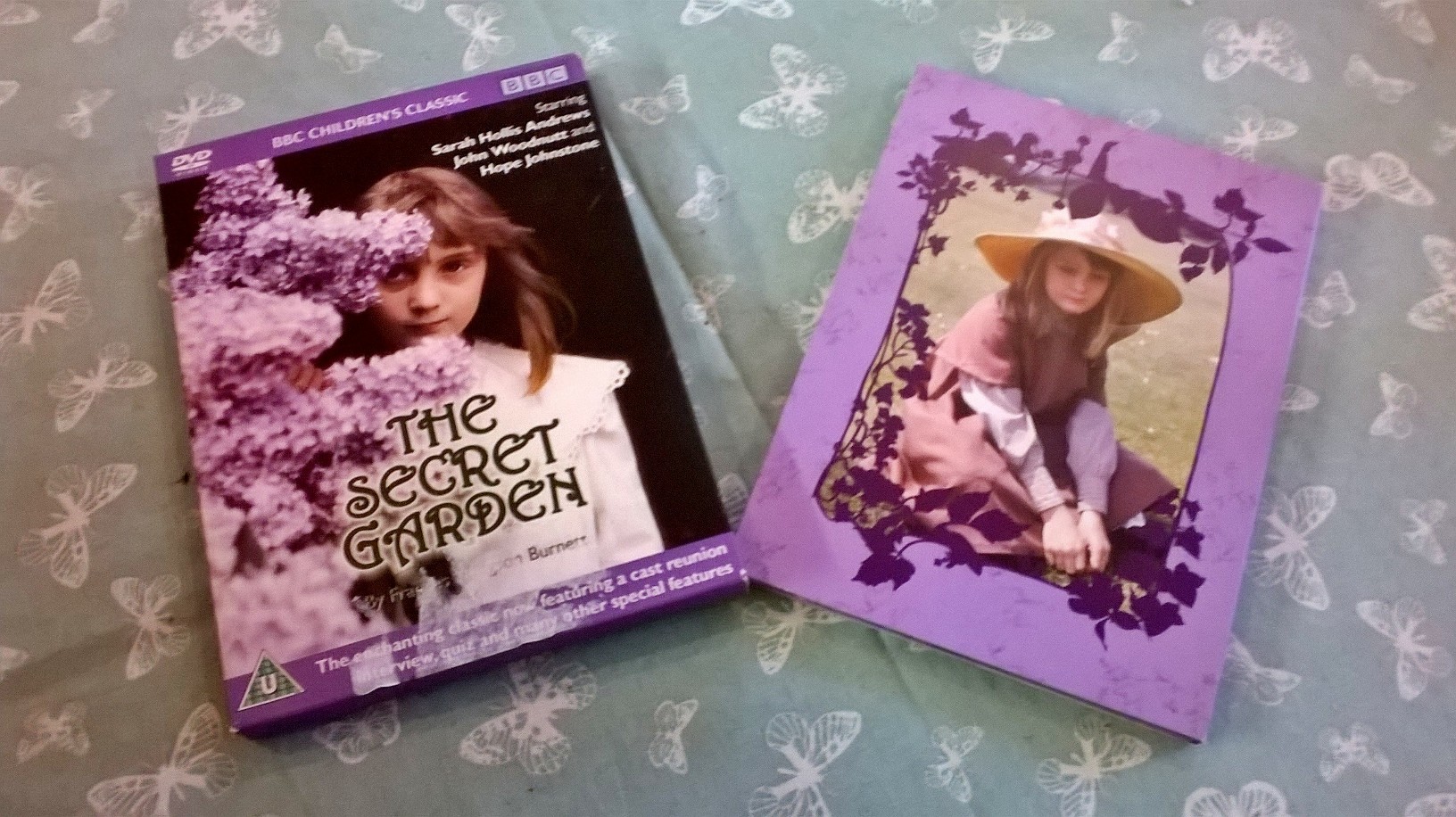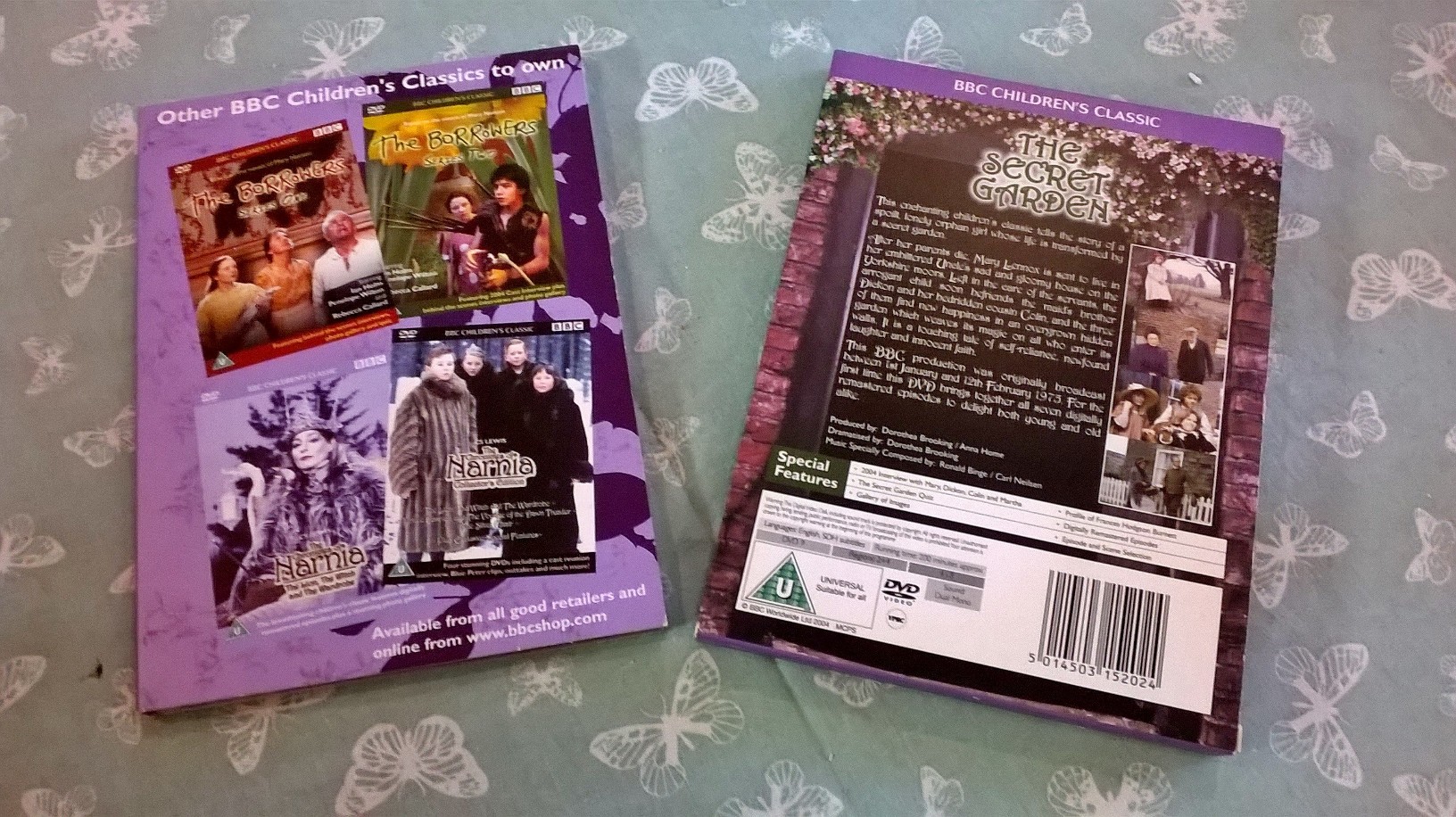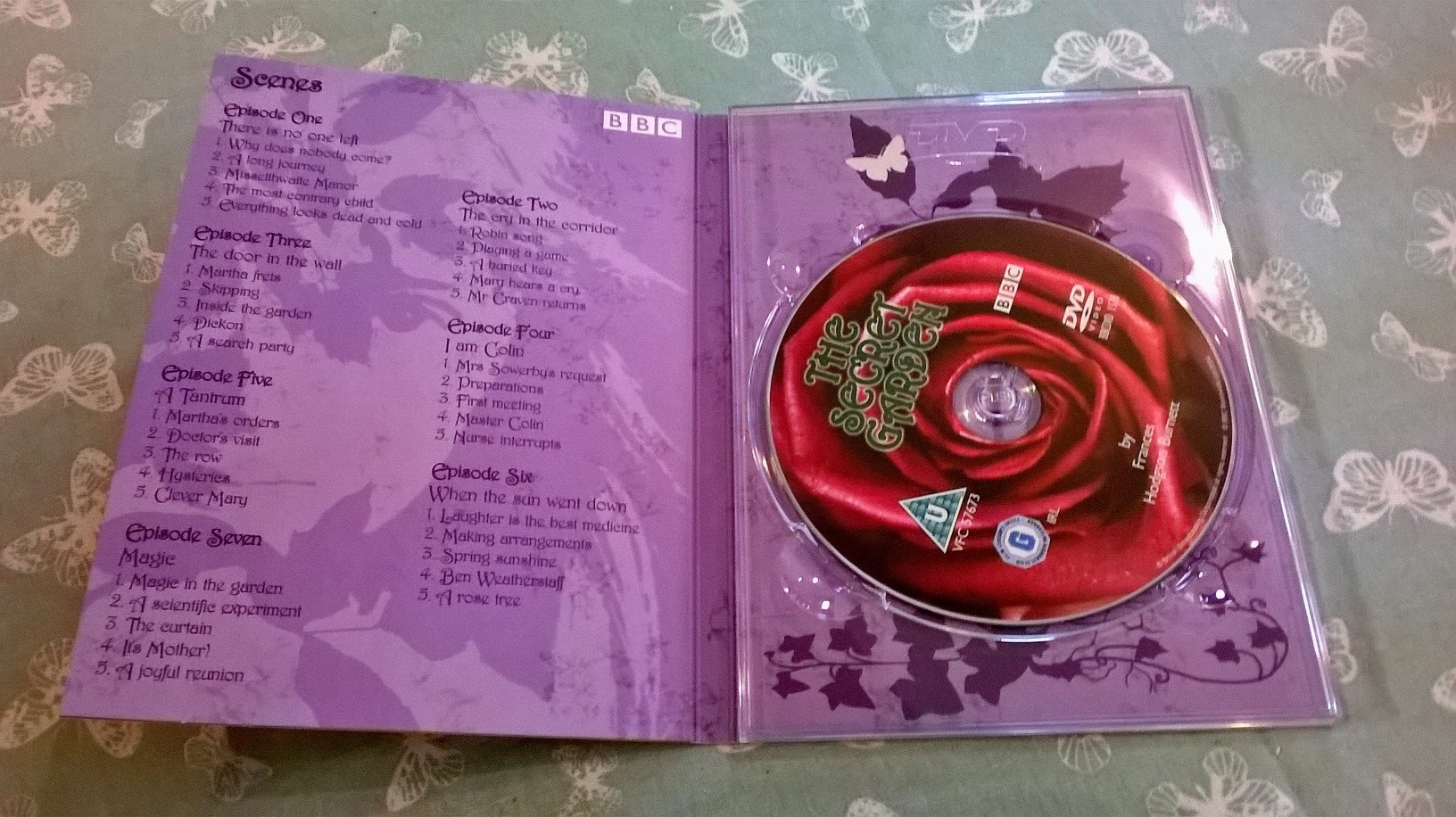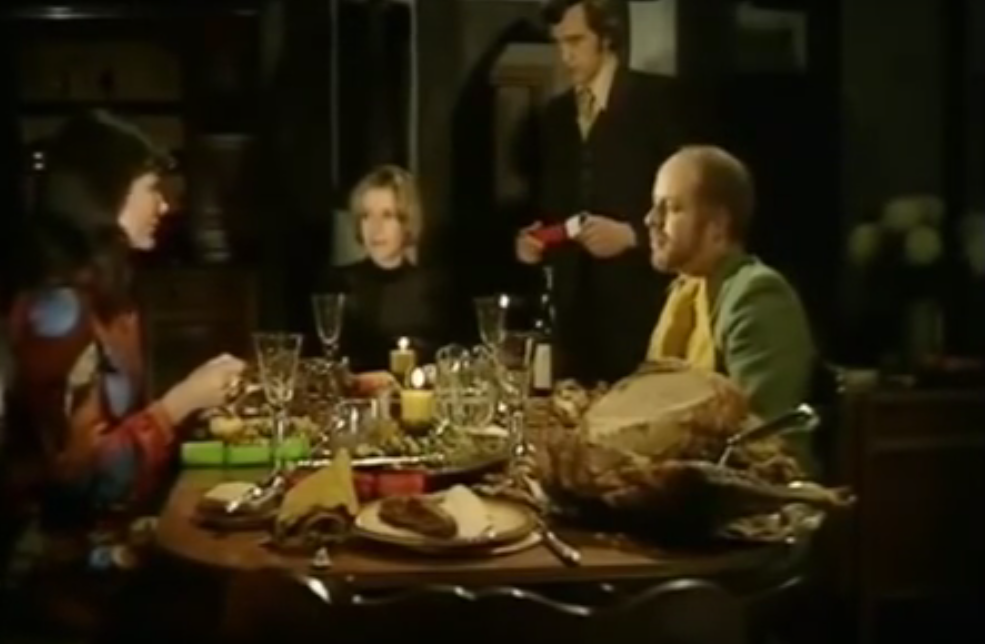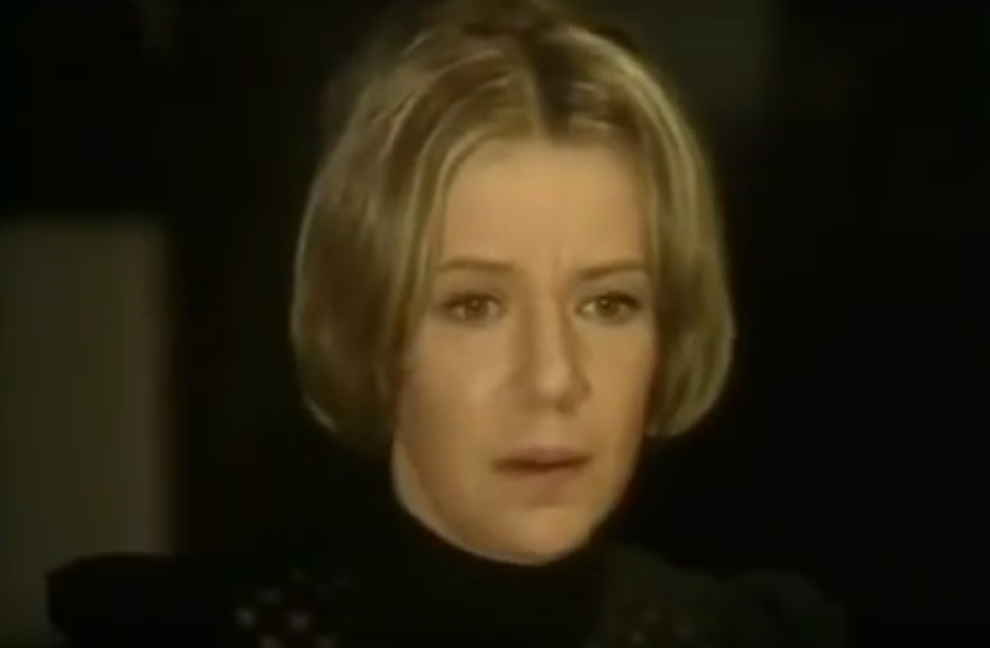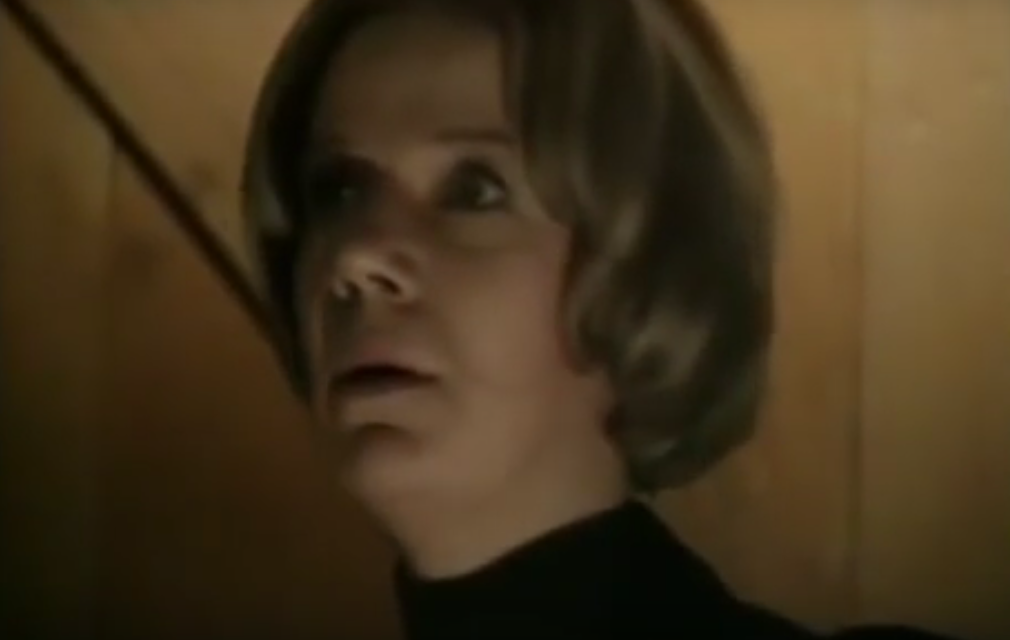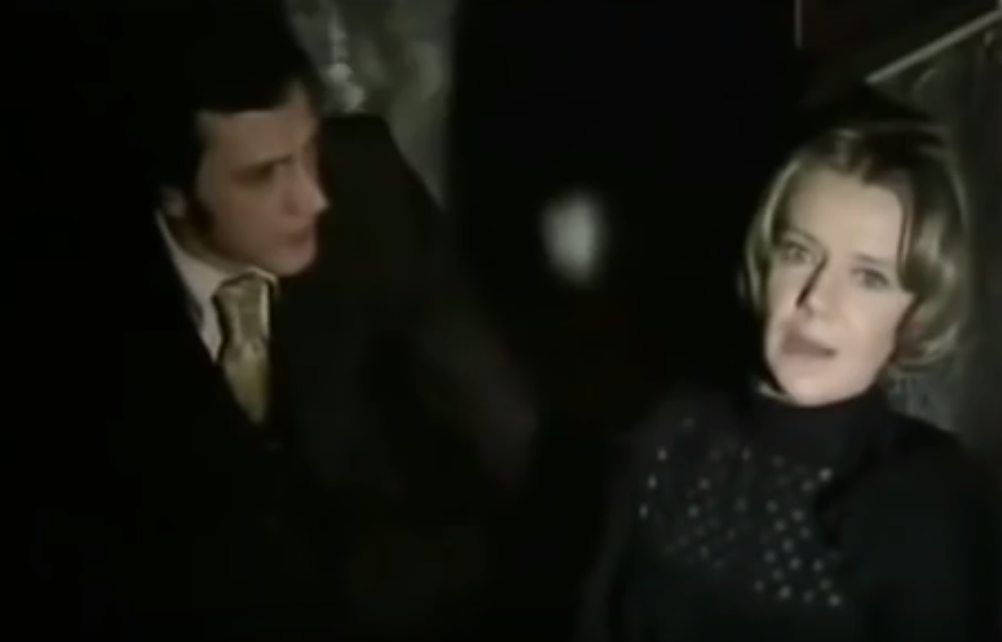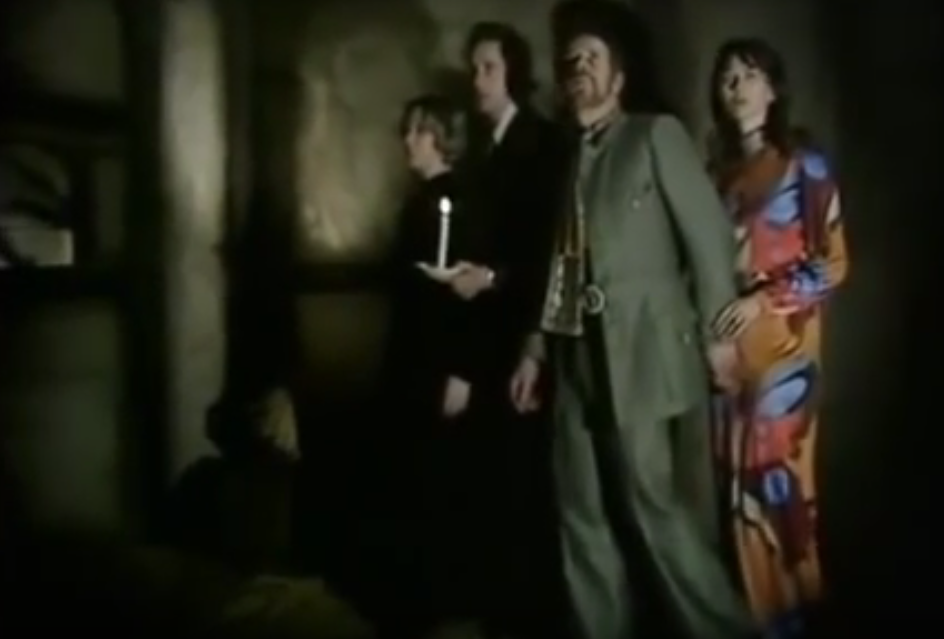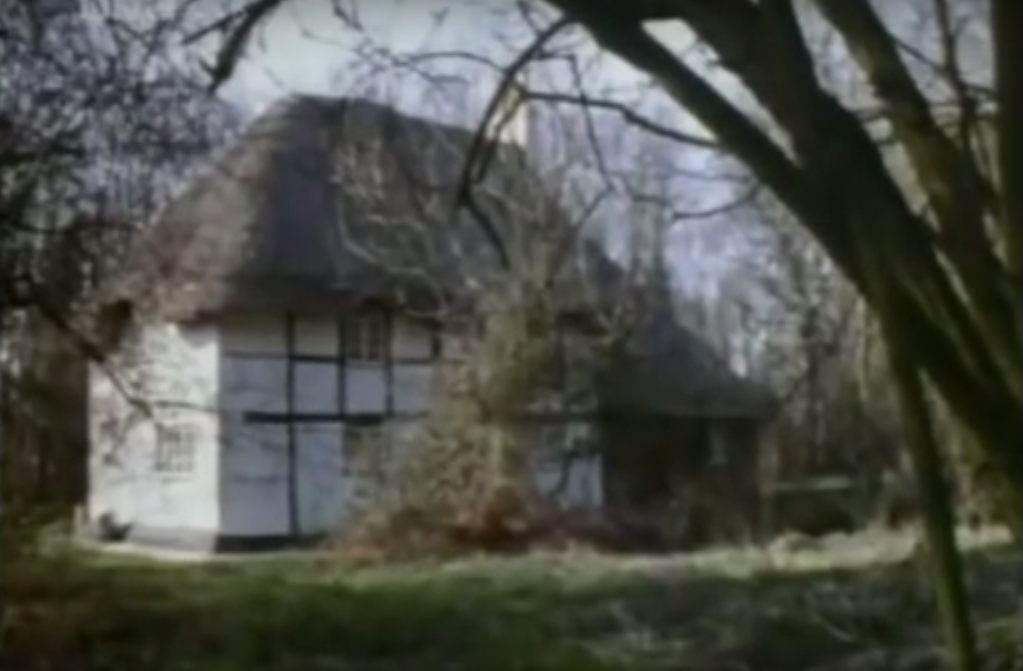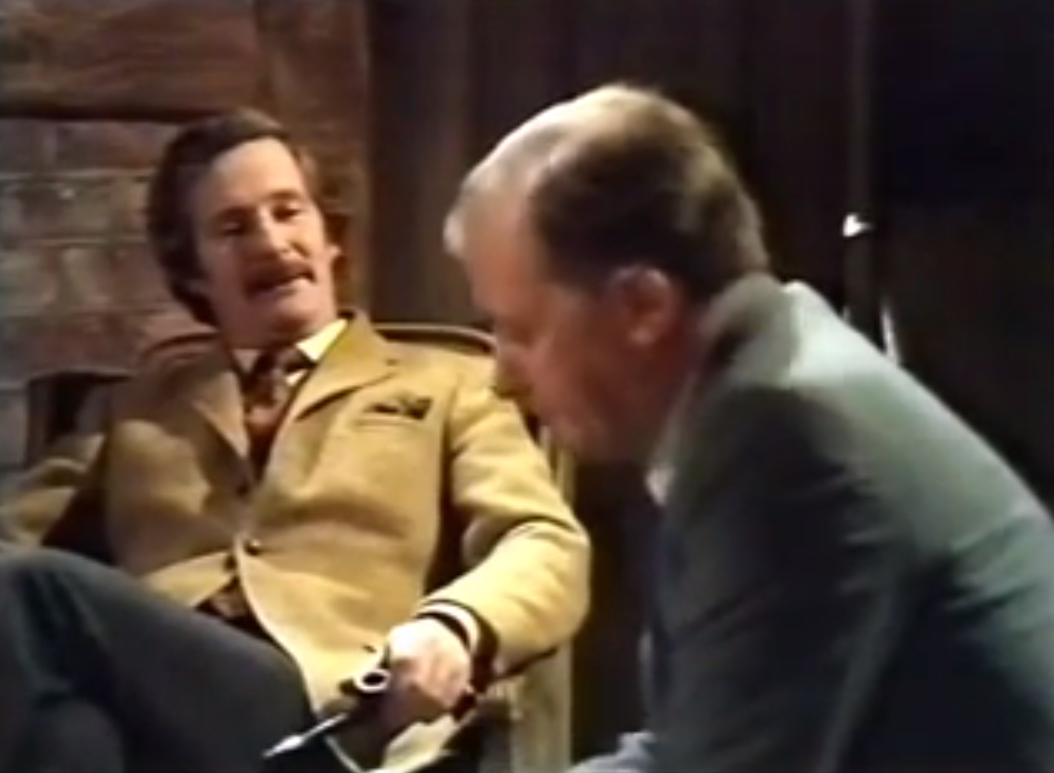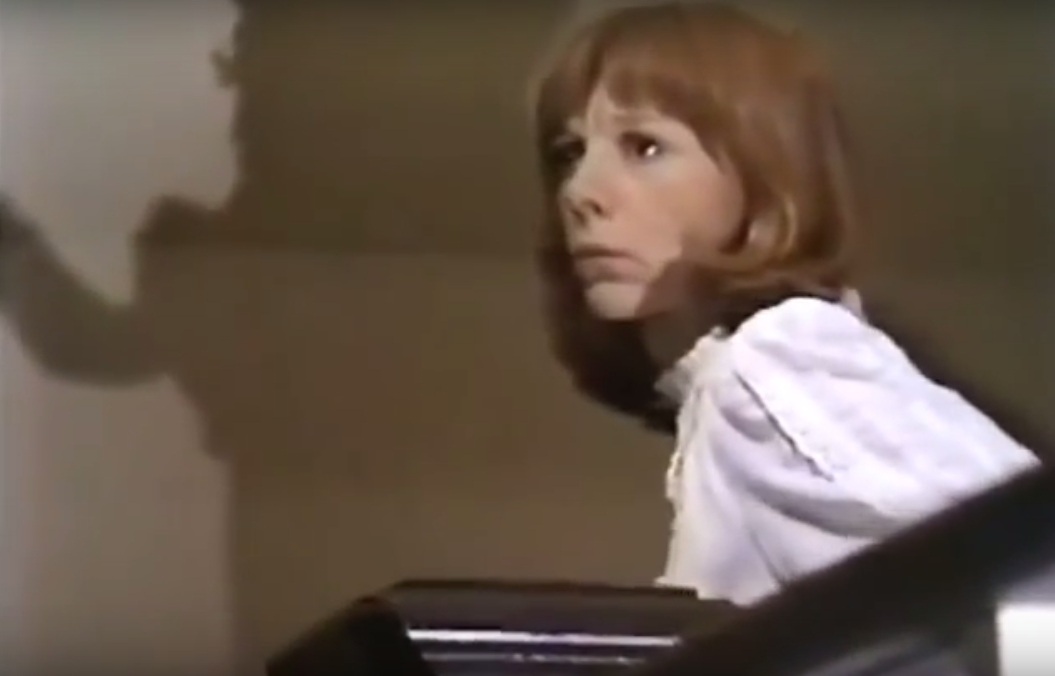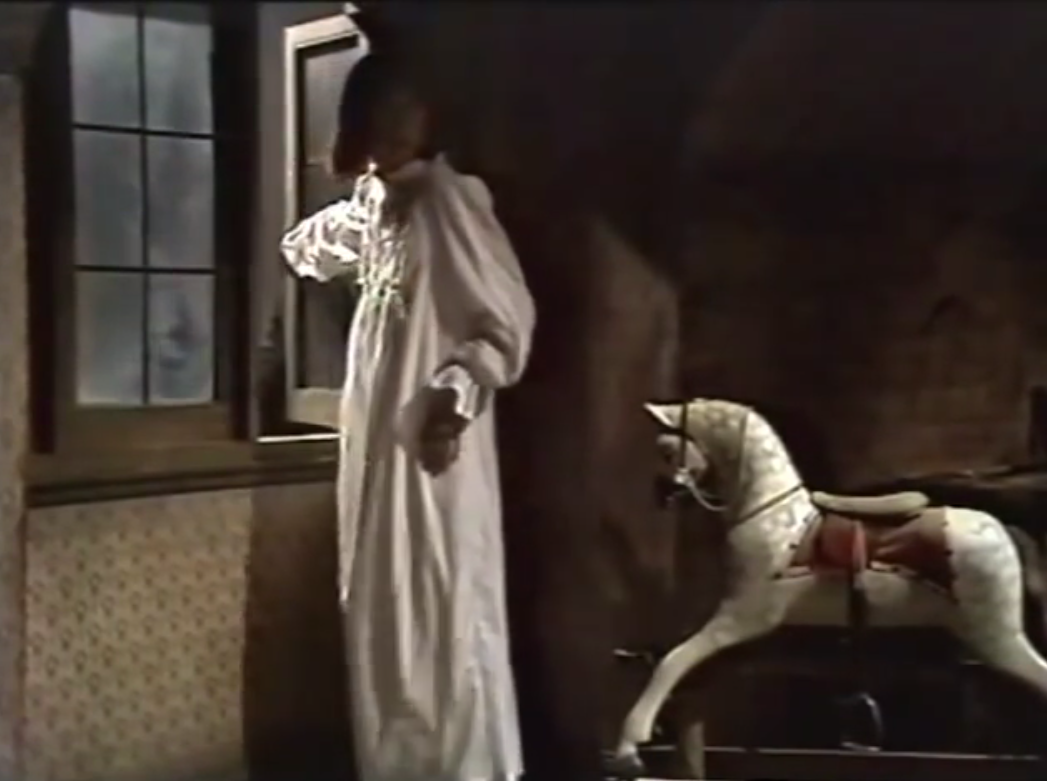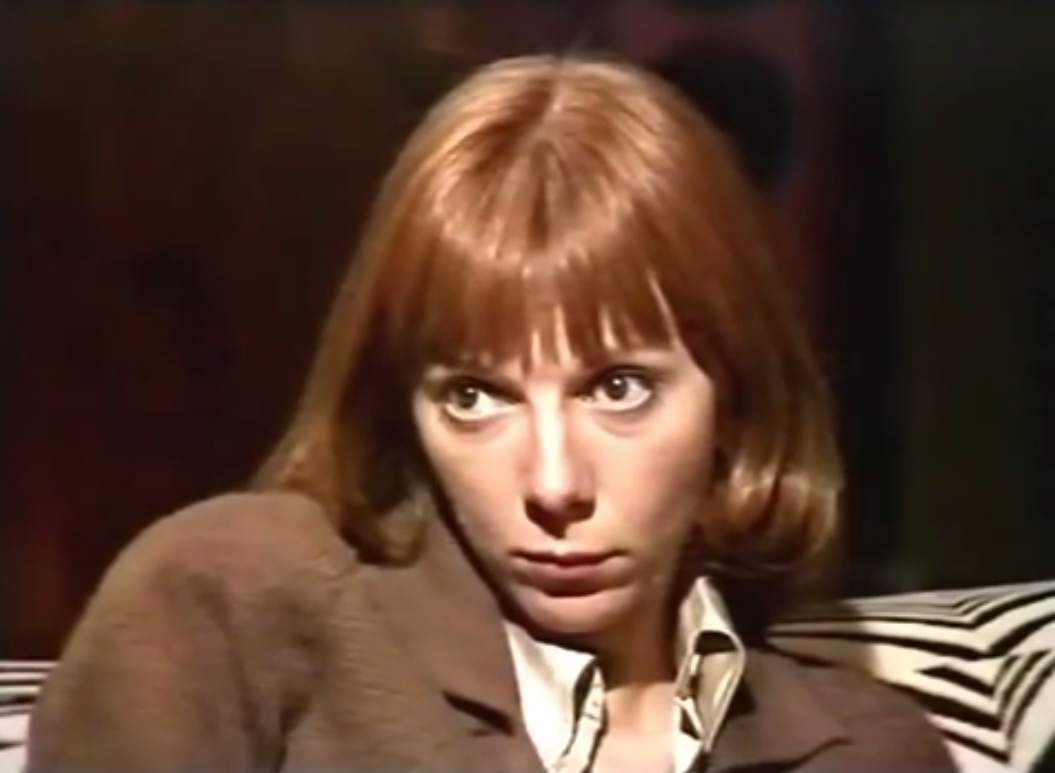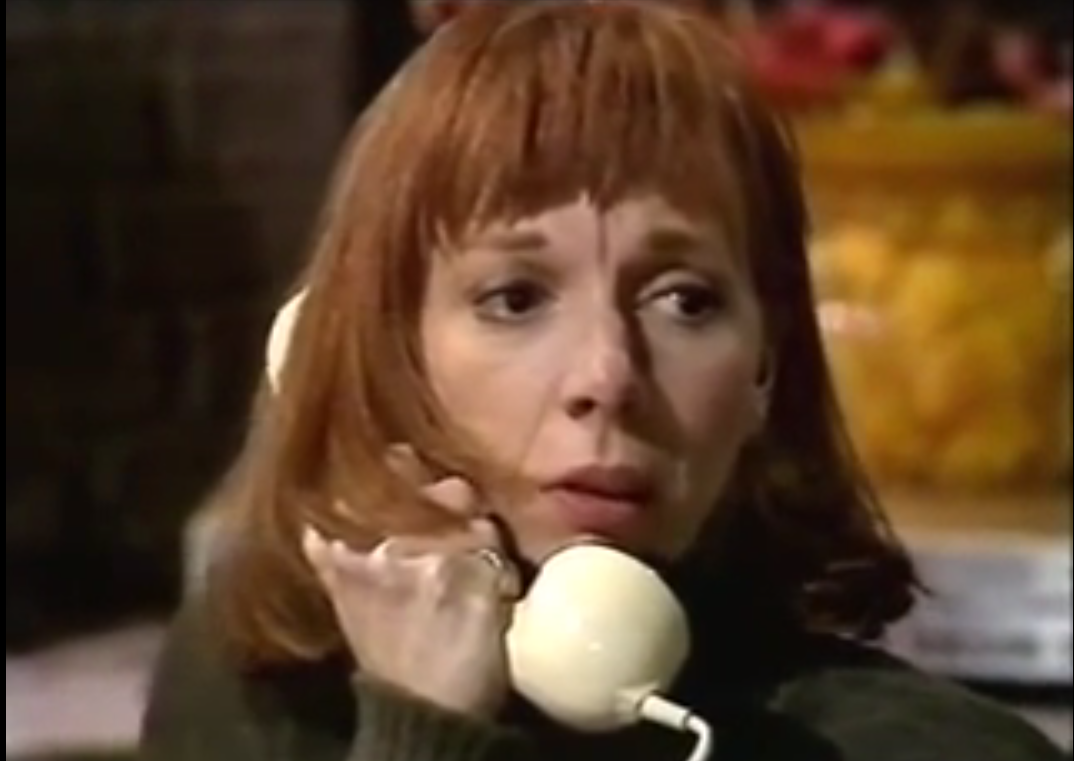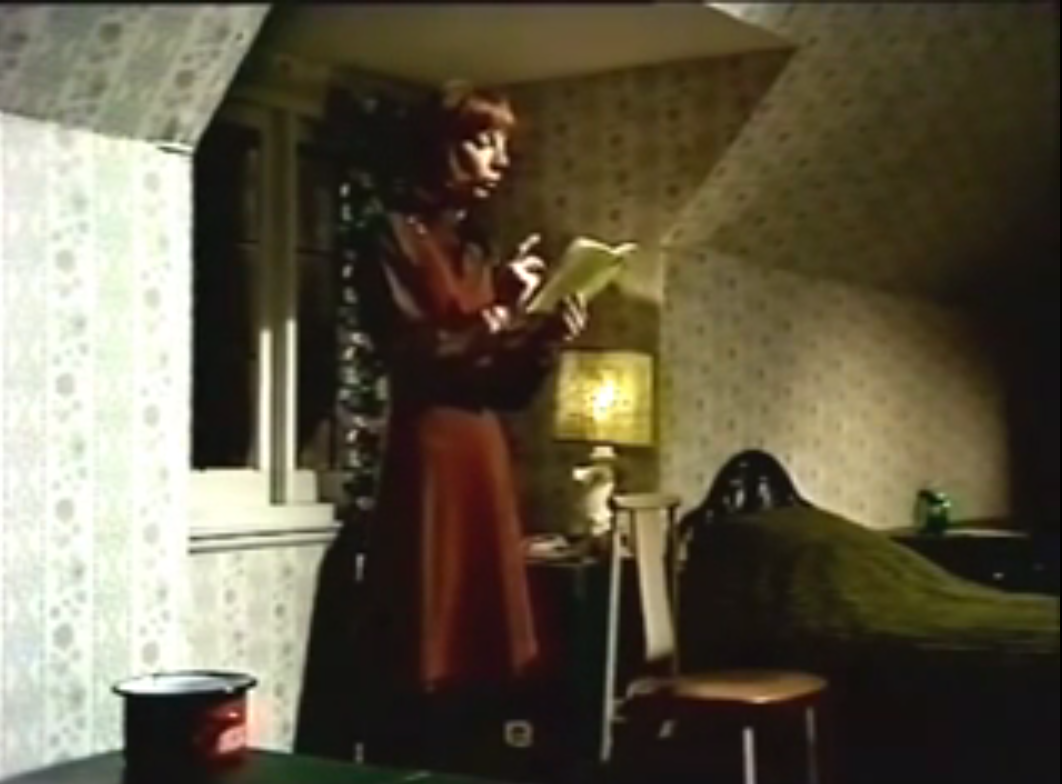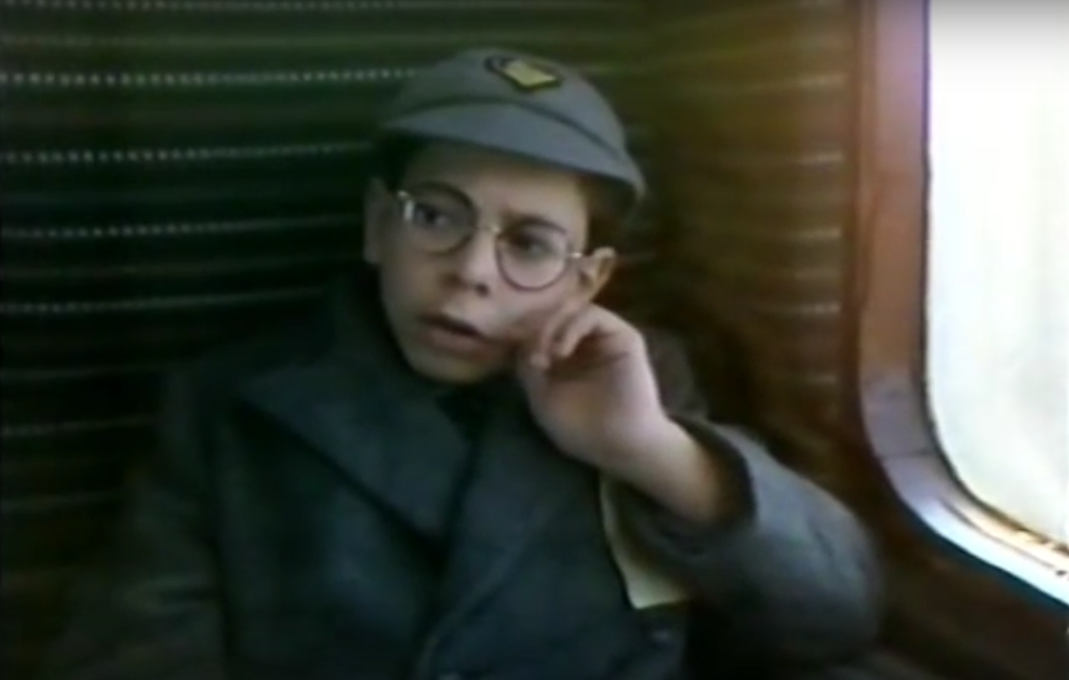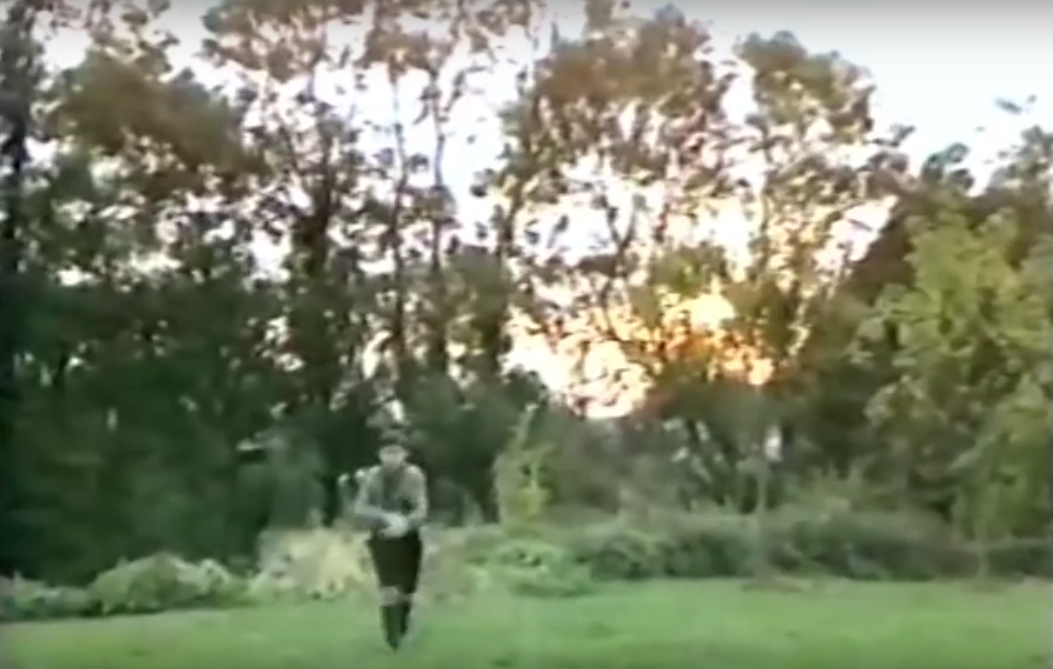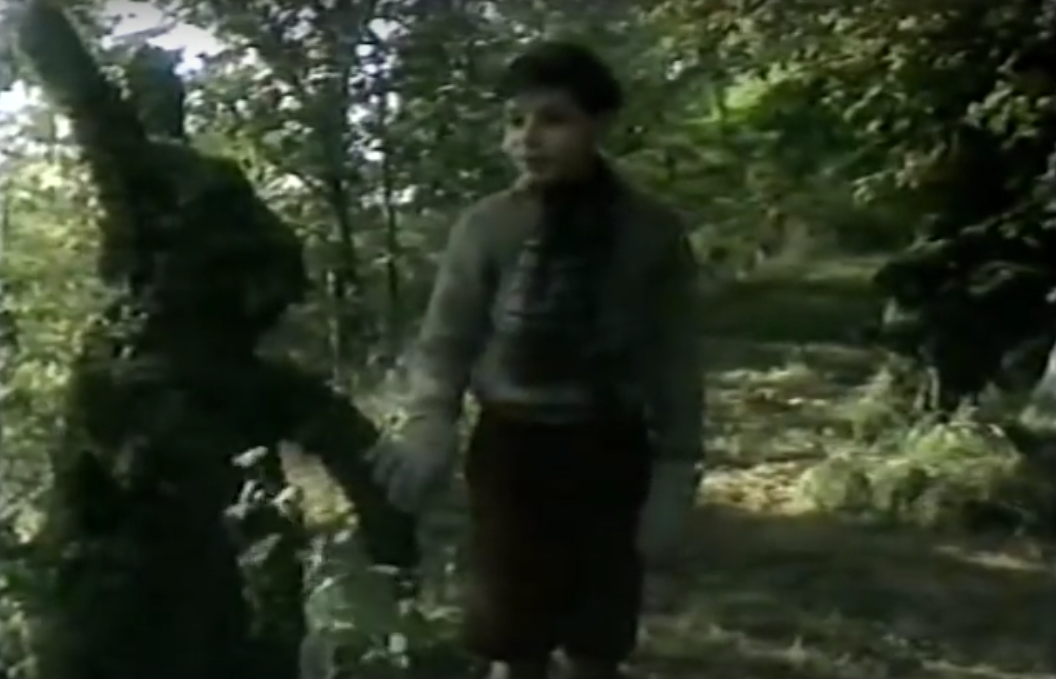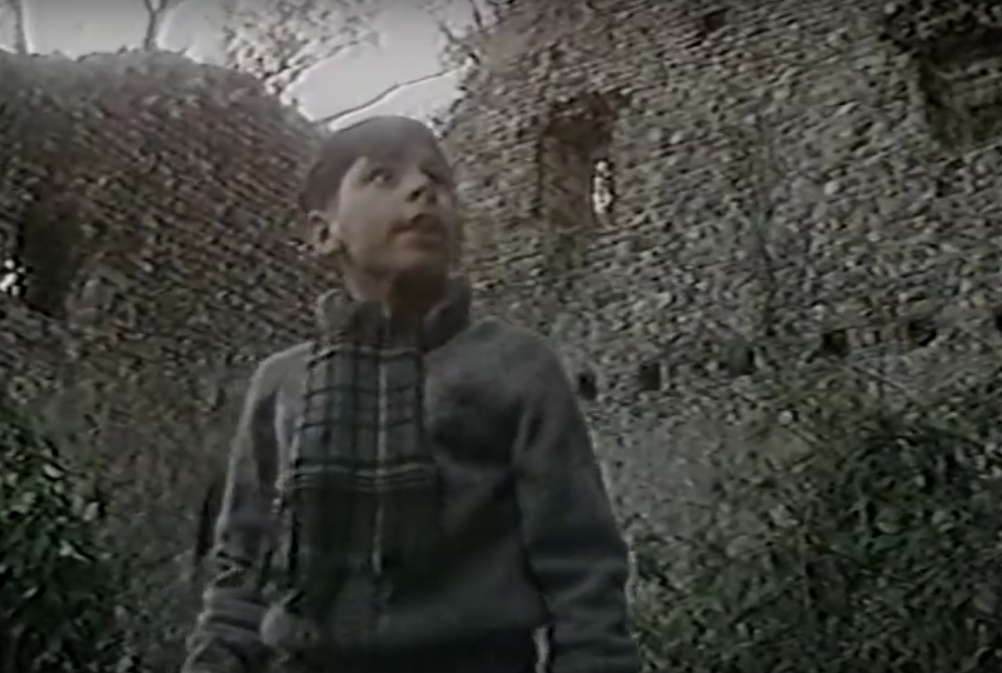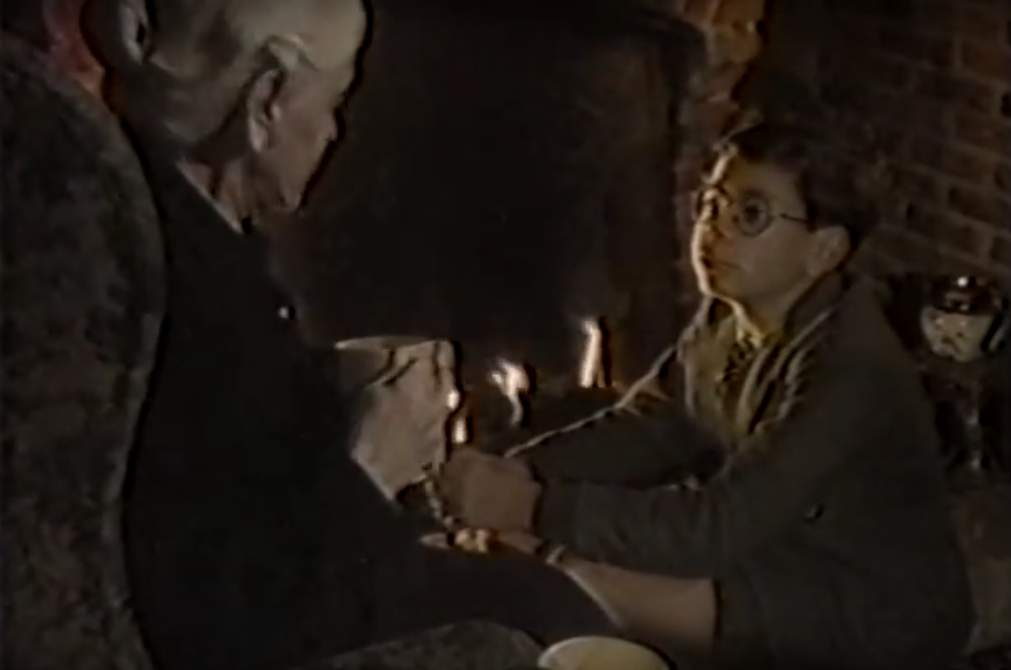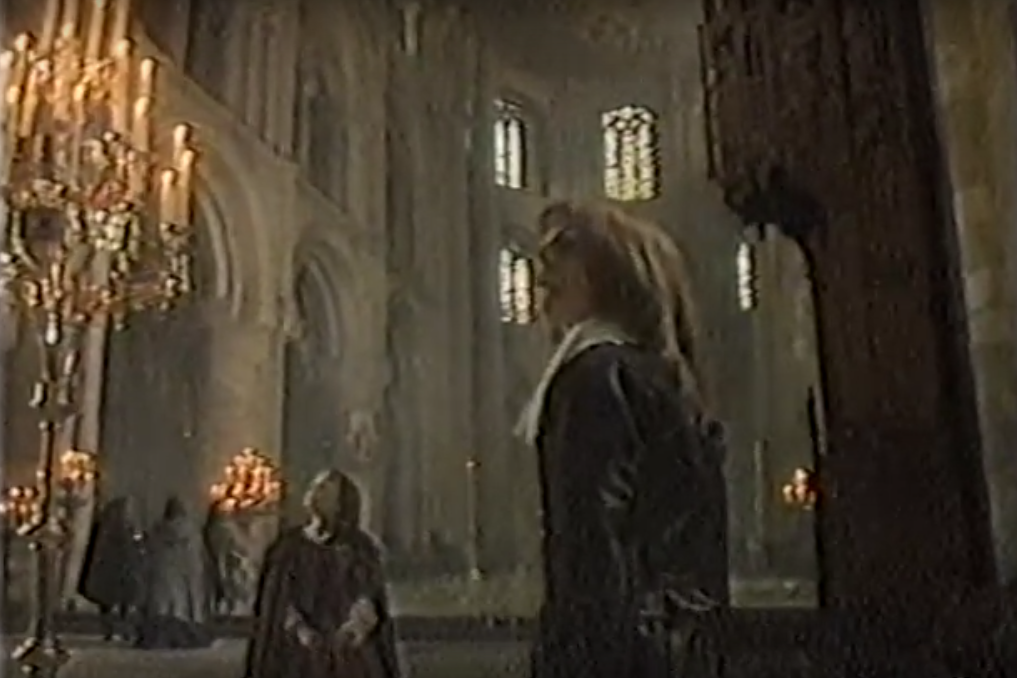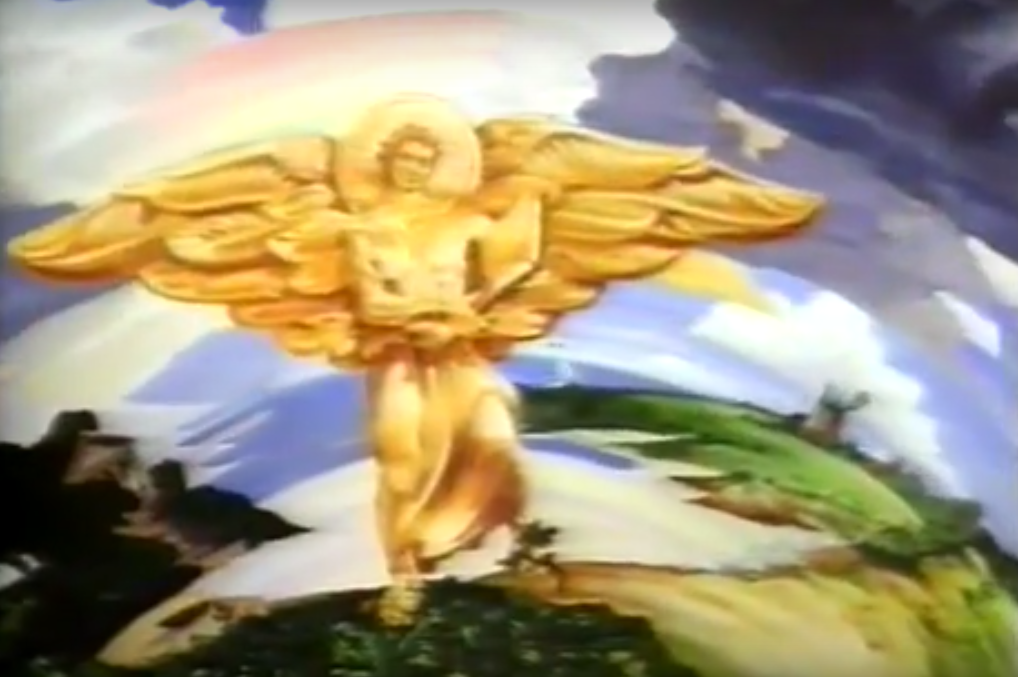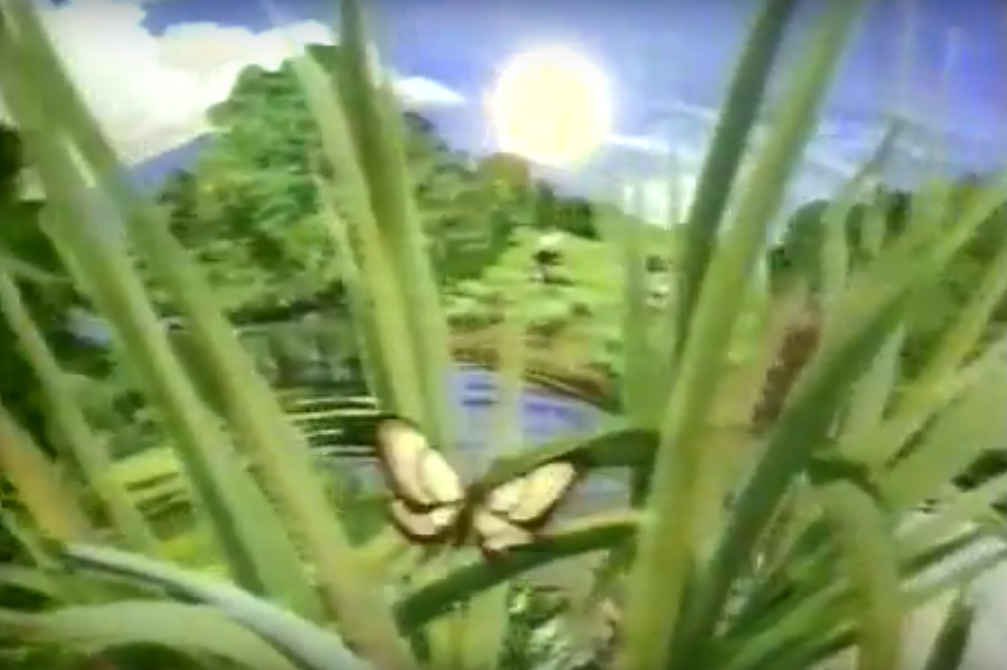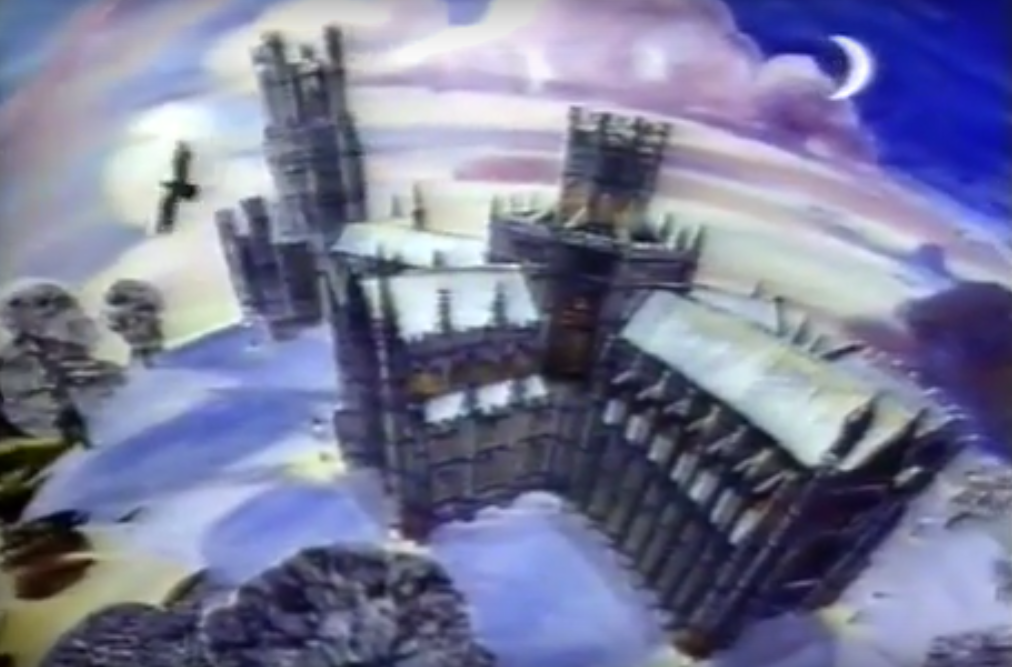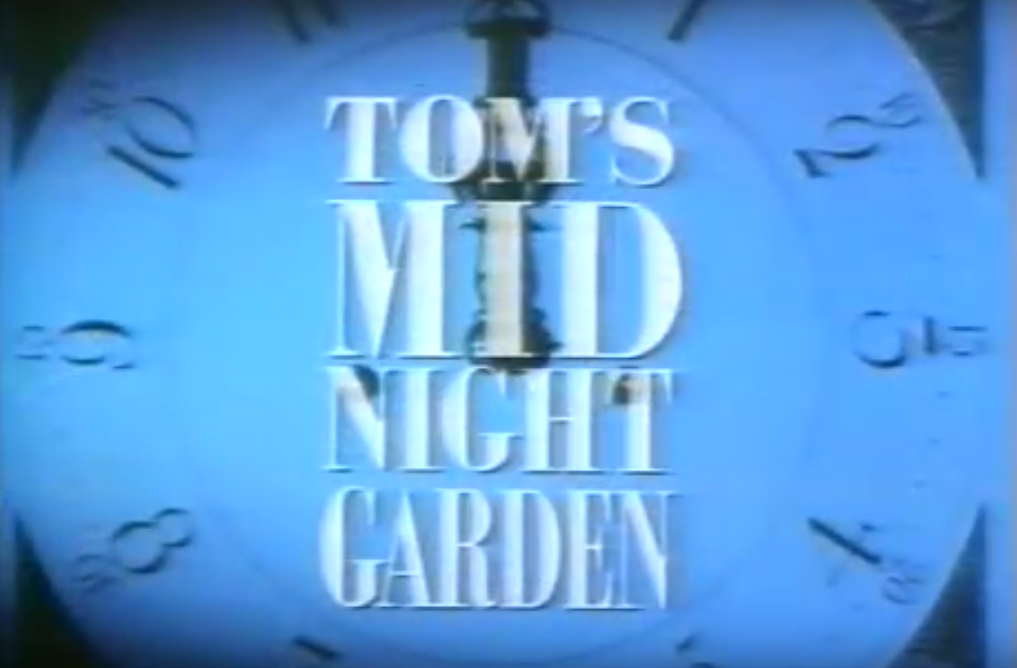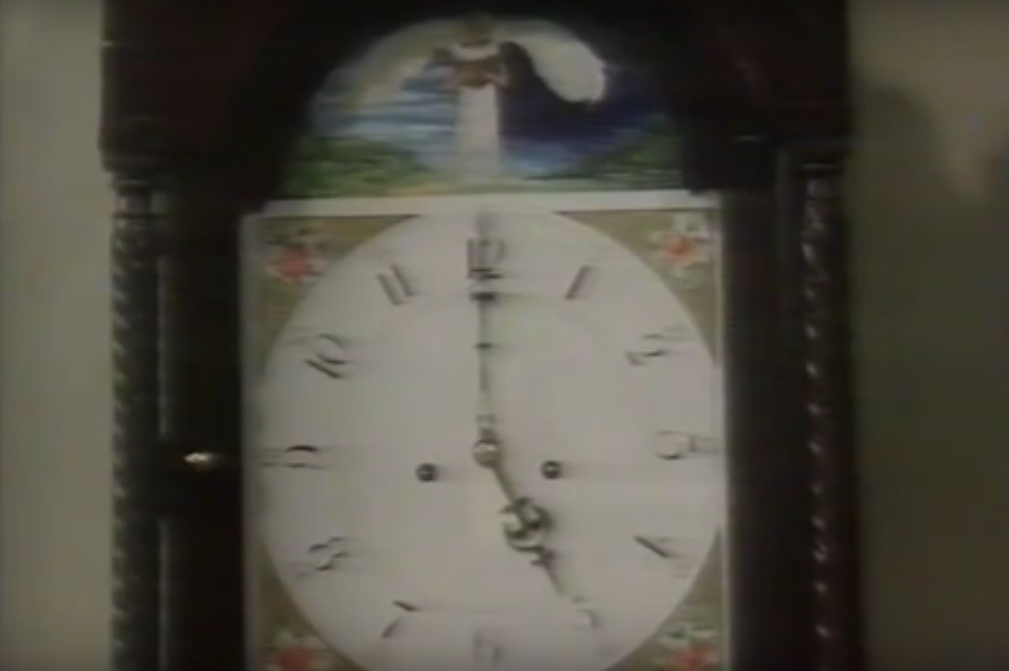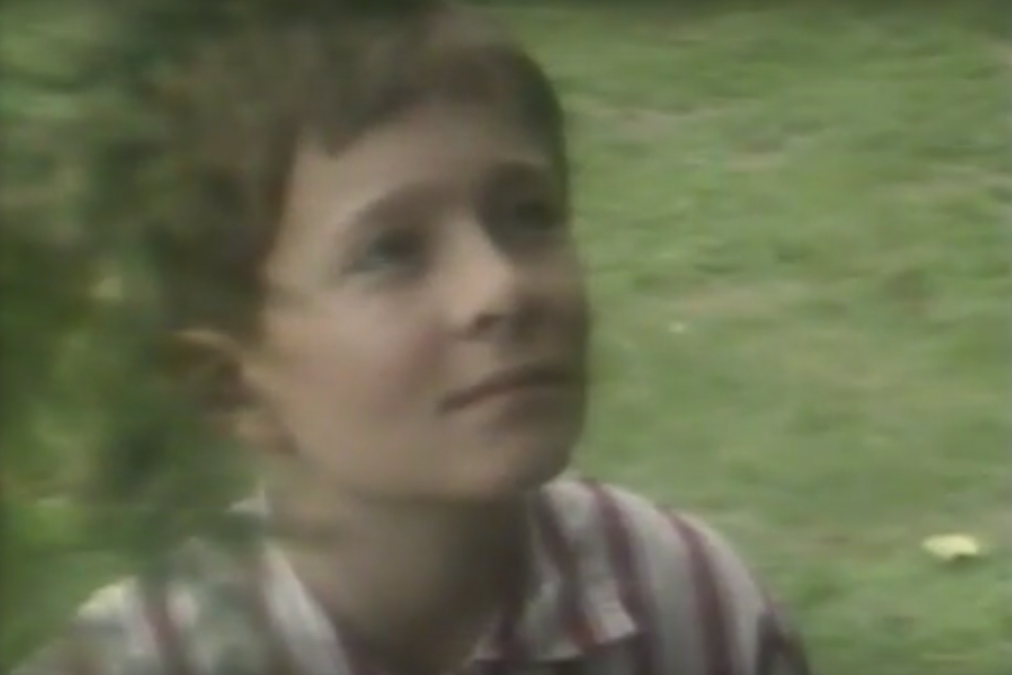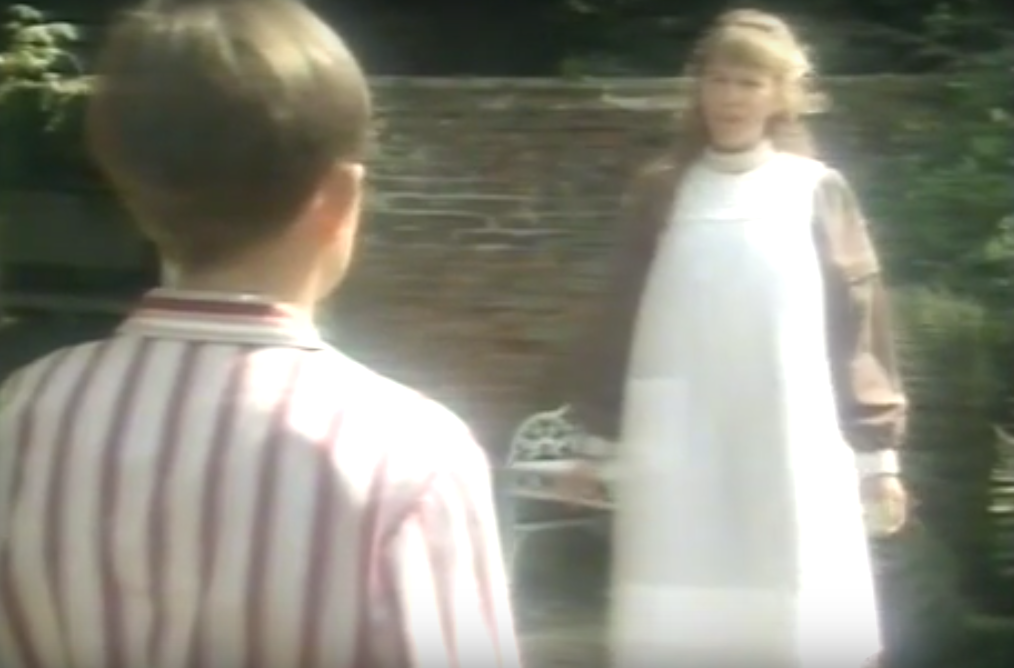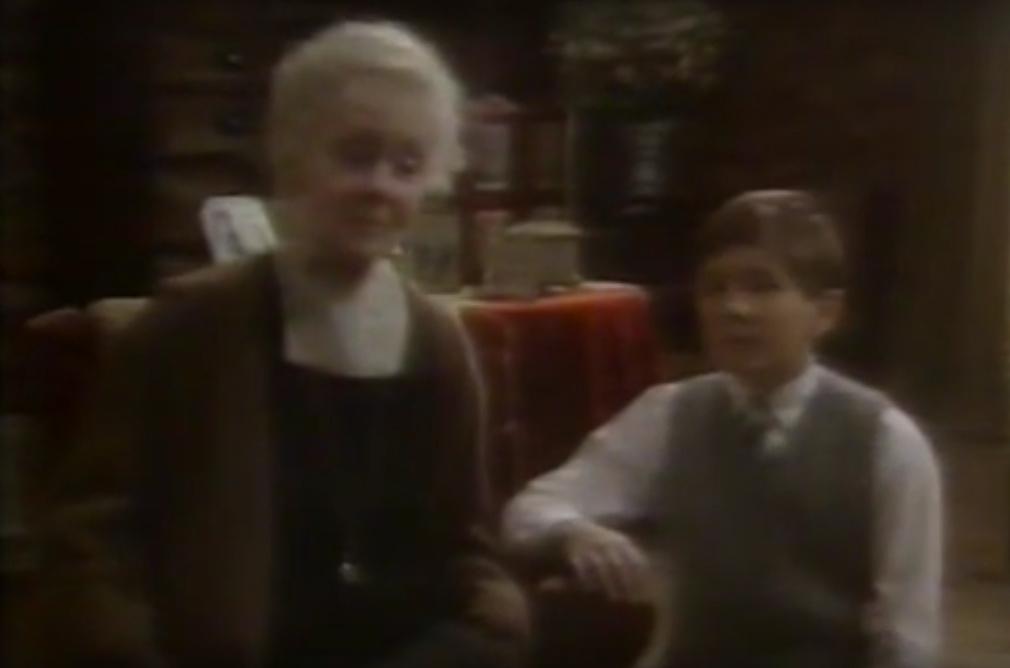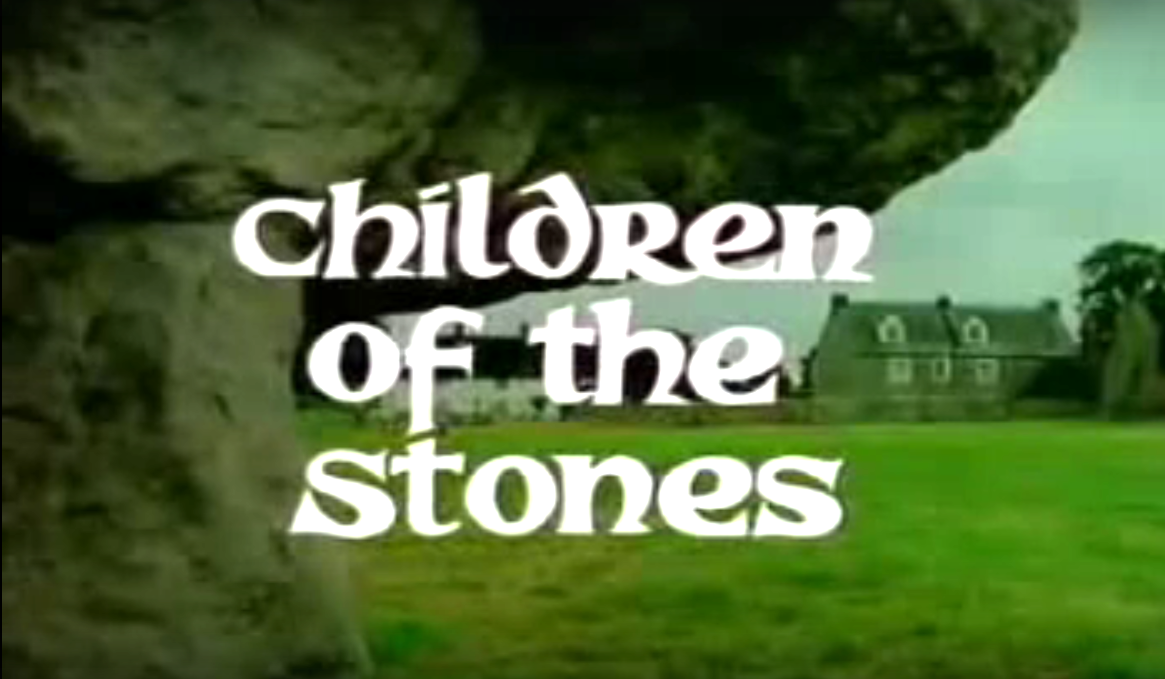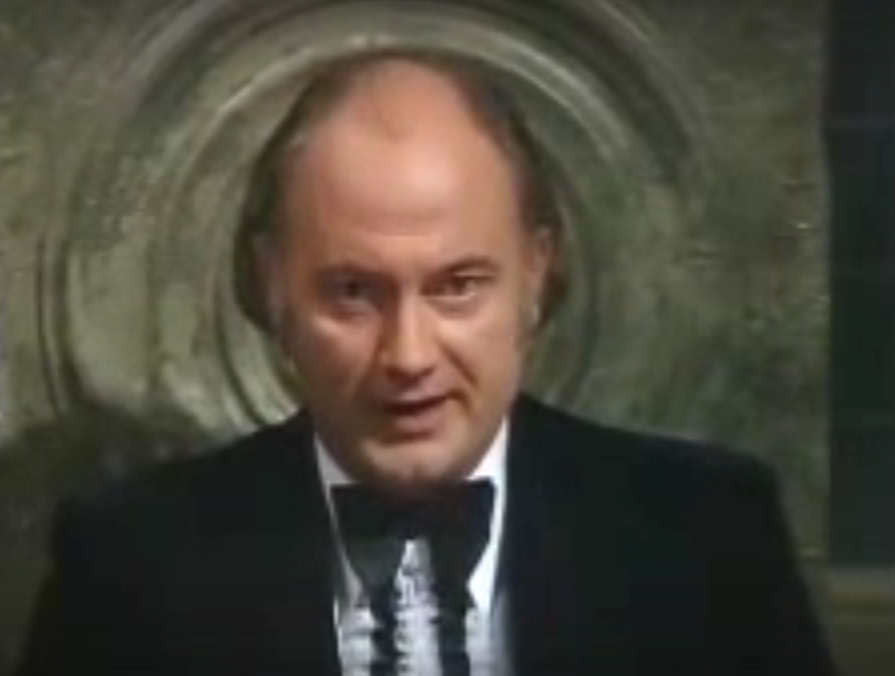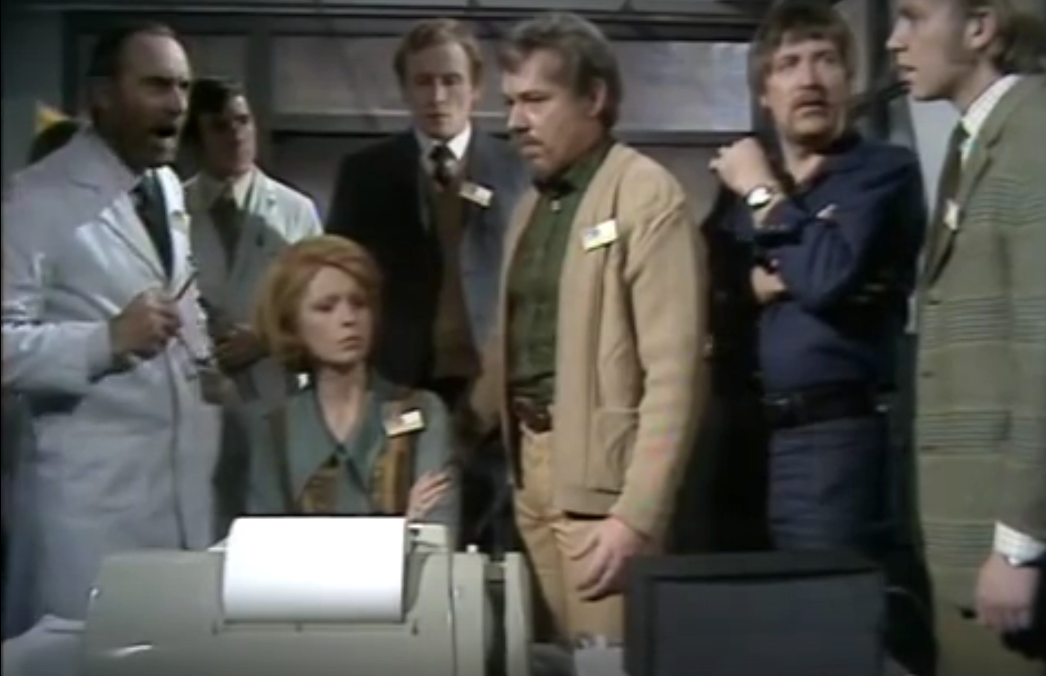I go through weird flights of fancy as I fall down rabbit holes of interests but this might be me at my most niche: children television shows from the early 90s written by Russell T. Davies. Davies is a name synonymous with modern British television as he is known for his amazing work on shows like Doctor Who and Queer as Folk. However, before he conquered the small screen, he crafted a series of intriguing children's programs, one of which is the lesser-known gem, Century Falls.
Century Falls is pretty creepy, especially for a ‘kids show’.
I fell down this particular wormhole after I'd discovered Dark Season, a 6 part 1991 kids show that looked at the strange sci-fi tinged adventures of a trio of teens in a secondary school. Reading the comments, I saw some people speak of Davies' other spooky kids show called Century Falls, so I thought I'd give that a go.
The 6 part series tells the story of a pregnant mother and her teen daughter, Tess, who move to the quiet village of Century Falls. They find it to be a very strange place indeed as there seems to be a sadness which seems to be linked to a religious ceremony that went wrong 40 years prior. It seems that a curse on the place has meant that no children have been born since that time.
As Tess gets to know the two other visiting children in the village (Ben and Carey) she finds that Ben has special powers which are linked to the eponymous waterfalls nearby. But why are the children all here at the same time and for what purpose? Is it fated or chance? That is the central conceit of this mystery/ folk tale.
The story is intriguing and, whilst I did not recognise any of the cast, all very earnestly and pretty consistently acted. It has that folk tale premise of an isolated community, pagan rituals, and the unsettling presence of the supernatural. The village of Century Falls itself seems to be a character, with its own history and secrets. This adds an extra layer of depth and intrigue to the story.
It's all very engaging stuff and, in places, quite spooky like when the gathering (seance) happens in the second episode. 5:10pm on the BBC might be a bit spicy for this Wicker Man style mystery... Lucky, no-one is sacrificed for a good harvest in a burning effigy but there is an intriguing golden masked figure who seems to have evil intentions upon the world who appears in a temple of fire.
Davies has similar thematic grounding in Dark Season and Century Falls as both deal with encountering the unknown, teenage angst, coming of age and challenging authority and systems of power.
Overall, I liked both series but preferred Dark Seasons more as the script was lighter and more relatable. However, for the curious Century Falls is a show well worth checking out.
LINK- Dark Season Cult TV Series Review
LINK- The Rise of Retro Gaming During Covid





